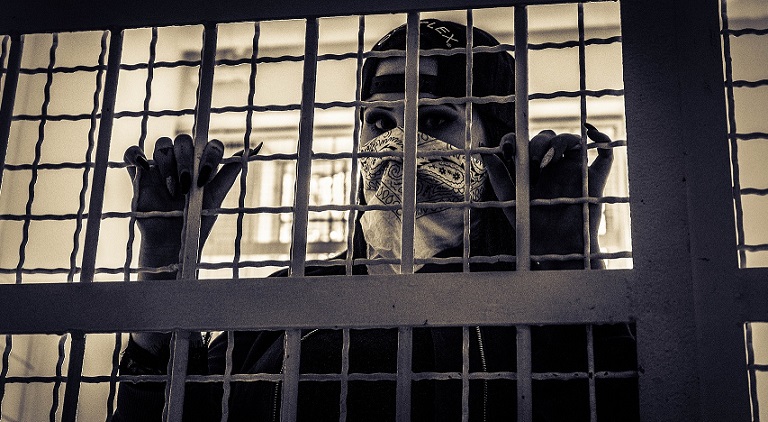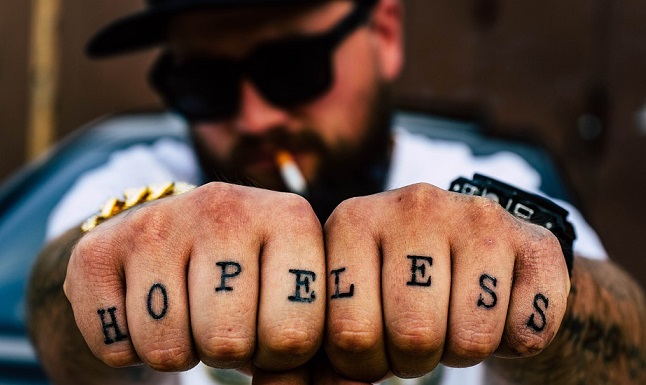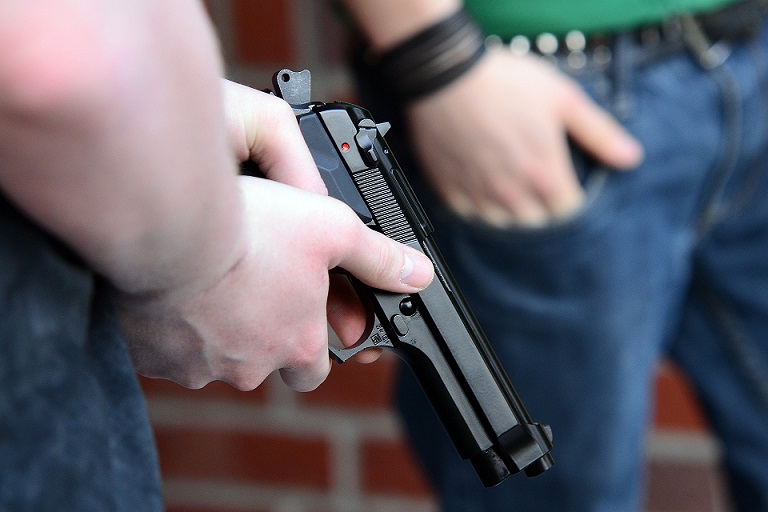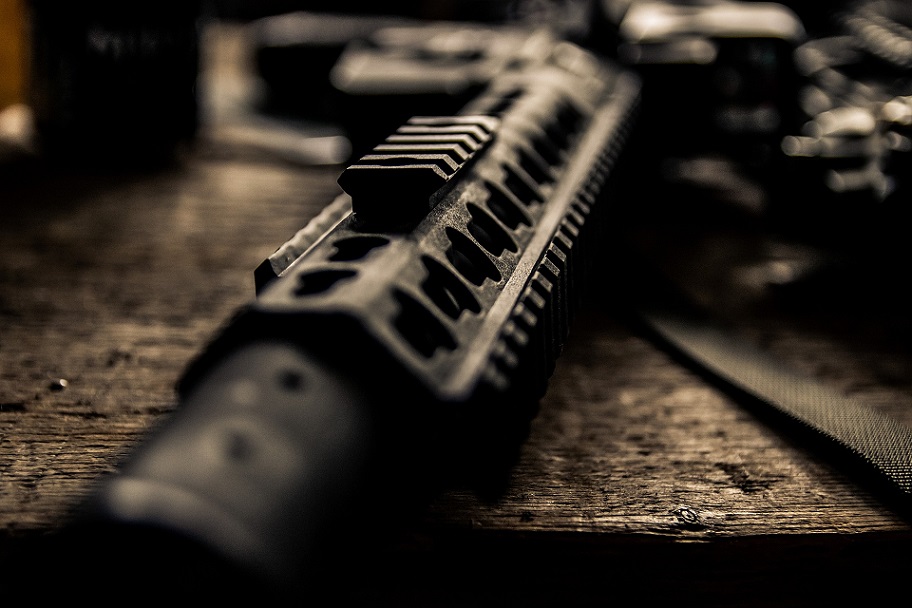At what point did we allow ourselves to be stripped of the most valuable thing in our existence which is peace and eagerness to live?
 Aminta Buenaño
Aminta Buenaño
There was a time, not so long ago, when at night Guayaquil opened like a flower. The nightlife, bohemia, buskers offering songs. Girls walking the streets. Cheerful greetings from sporty passers-by. Cafes with their doors open. Laughter, gossip, flirting, trips to the cinema and the population flooding the shopping centres, groups of middle-aged people going out to stretch their legs in search of their lost youth, grandparents setting out their chairs in their doorways to watch other people’s lives. Now everything is terror, silence, fear.
A knot forms in your stomach when a stranger approaches; in the street we look from one side to the other with a cold sweat running down the back of our neck; we prefer not to go out at night, shutting ourselves away in our houses which are so securely locked they resemble prisons.
We walk almost on tiptoe so nobody knows we exist. Don’t let anyone else know, we distrust everyone, they could be the enemy. Nobody must know where we work or, worse, how much we earn.
We wake up every day to enter the nightmare of daily life when we turn on the television and we gulp at news of the contract killings, deaths and horrendous crimes that are devastating our city, the most abominable aspect of the human condition.
 We become paranoiacs without being paranoid because we inhabit the great madhouse they have made Guayaquil, which was beautiful, mad, giddy and even damned, but always free, fiery and brave. Even safe.
We become paranoiacs without being paranoid because we inhabit the great madhouse they have made Guayaquil, which was beautiful, mad, giddy and even damned, but always free, fiery and brave. Even safe.
The smell of fear is also a form of control and the perfect way for them to rule our lives. It paralyses us, stops us protesting, makes us hide our heads like shy and frightened mice. It is also the fertile and prosperous business of the security agencies, the arms industry, organised crime, criminal gangs, drug-trafficking operating in prisons and in the upper echelons of power and of authoritarian governments that, in the absence of popular support, seek backing through weapons and threats.
All of them compete to shut us away, to keep us quiet, to mute us, to keep us in fear and uncertainty day by day without being able to reason, poisoned by negative emotions.
We live in a no man’s land where anything can happen and nobody bats an eyelid, where the powerful violate the constitution and the law, where a lie becomes truth when it is repeated a thousand times by the owners of the microphones and the ‘administered’ truth is prostituted by troll factories and by the press which receives advertising, where impunity has the approval of a power immersed in the dirtiest and most denigrating business, where the greed of the banks and the wealthiest is insatiable and interminable, in the continual attacks on citizen wellbeing and security, where the government prefers to keep its citizens’ money in international reserves to pay bondholders while the hungry populace lacks the social work which is justly theirs.
 But many keep quiet because they are afraid.
But many keep quiet because they are afraid.
Even now we lose communication because they manipulate us with fear.
When I find myself needing to take a taxi, before getting into the vehicle, that dark cavern where horrors have taken place, I take photos of the number plate and of the taxi driver’s half-bewildered or half-perplexed face and I say out loud, ever so casually, that I am sending photos to a supposed father or husband or to a friend who is going to follow the journey digitally, even though I send the photos to myself. All because of the terrible fear that grips me of becoming the victim of some kidnapping or extortion. Nobody is free in this city and the privileged who are free won’t throw the first stone.
Guayaquil, that city full of laughter and oppressive heat, is getting away from us through the drain of a mortally wounded peace.
Crime there has always been, since the origin of humanity, but crime is fought with rigour. It cannot be allowed to show its shamelessness, unpunished on the streets, in charge in the prisons, influential in the government picking and choosing ministers and intimidating the justice sector with threats. Contract killing schools where children learn to kill before they learn to read cannot be allowed to exist. It is disheartening when well-known digital media outlets show us audios and proof with voices of people close to power and linked to international mafias, because when a state loses the war against crime it is because it has been infiltrated by the very thing it says it is fighting.
 With fear there is no economic development, entrepreneurship or investment. Just a terrible desire to migrate.
With fear there is no economic development, entrepreneurship or investment. Just a terrible desire to migrate.
The most terrible thing is the normalisation of fear. Murders in prisons no longer surprise us, we are not struck when children die as collateral victims, we end up becoming used to considering normal crimes never seen before like decapitated people hanging from bridges, carved up and in sacks, shootings, car bombs, people’s heads turned into footballs.
Normalisation leads to a lack of solidarity, to savage selfishness, to every man for himself. And the system, the media and our own conduct help the normalisation as though it forms part of the payment to the toll for survival.
But fear must be confronted with community union and organisation, with preventative education, with strong and honest leadership, with the use of democratic instruments to punish those in government who have brought us to chaos, with citizen participation and public representation before the mechanisms of power, with social organisations united in the fight against crime, with public plans that attack the causes behind violence and, naturally, with the support of the forces of law and order and of justice suitably cleansed of the undesirable elements that have infiltrated their ranks. PL
(Translated by Philip Walker – Email: philipwalkertranslation@gmail.com) – Photos: Pixabay












.jpg)












